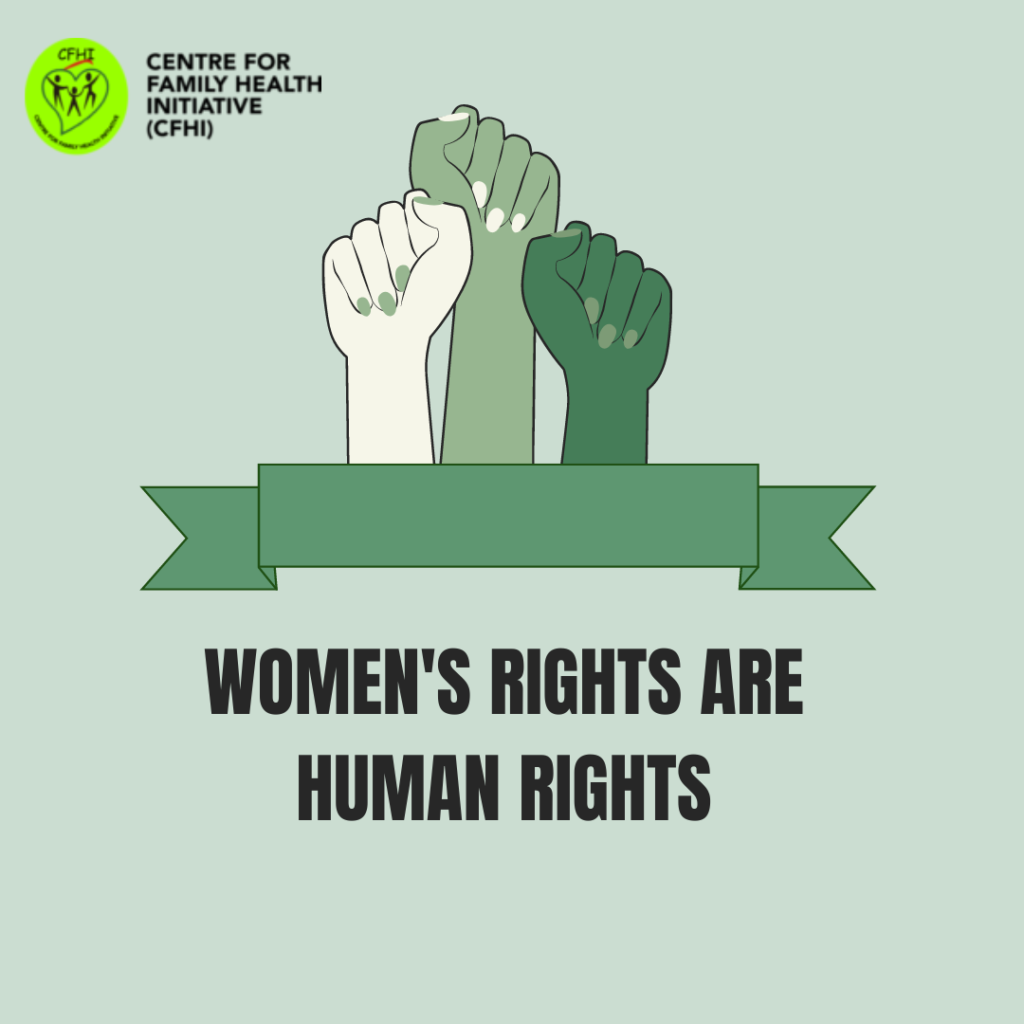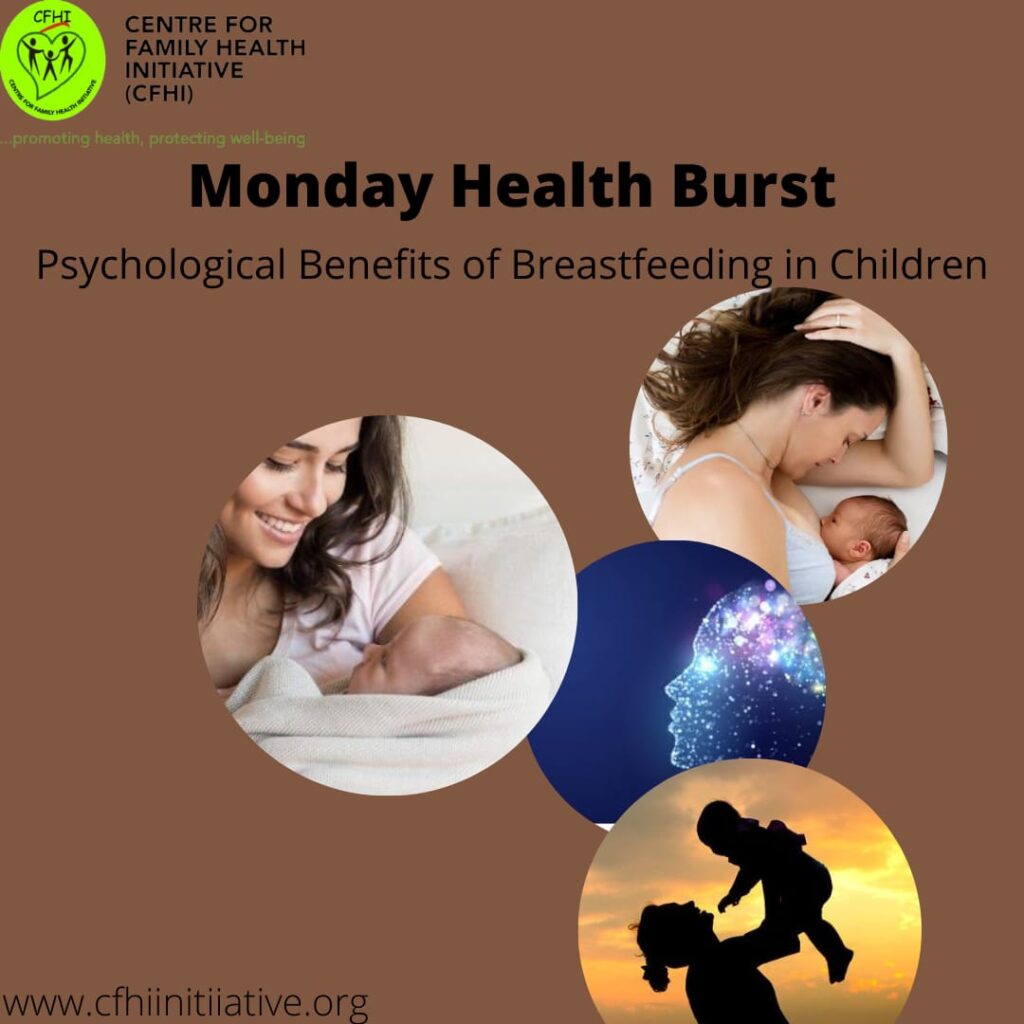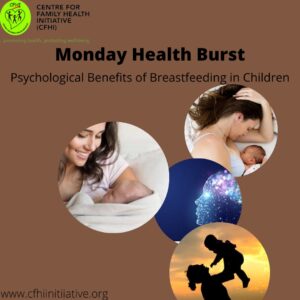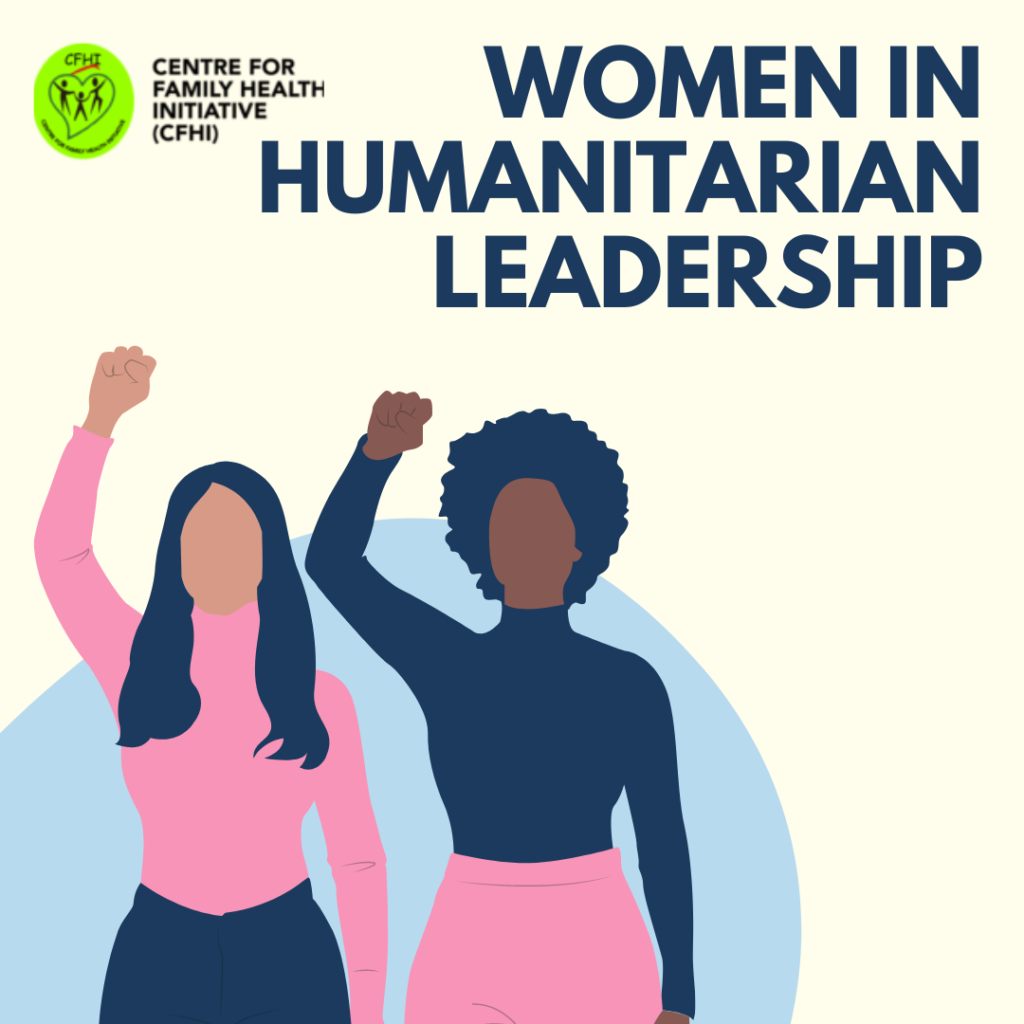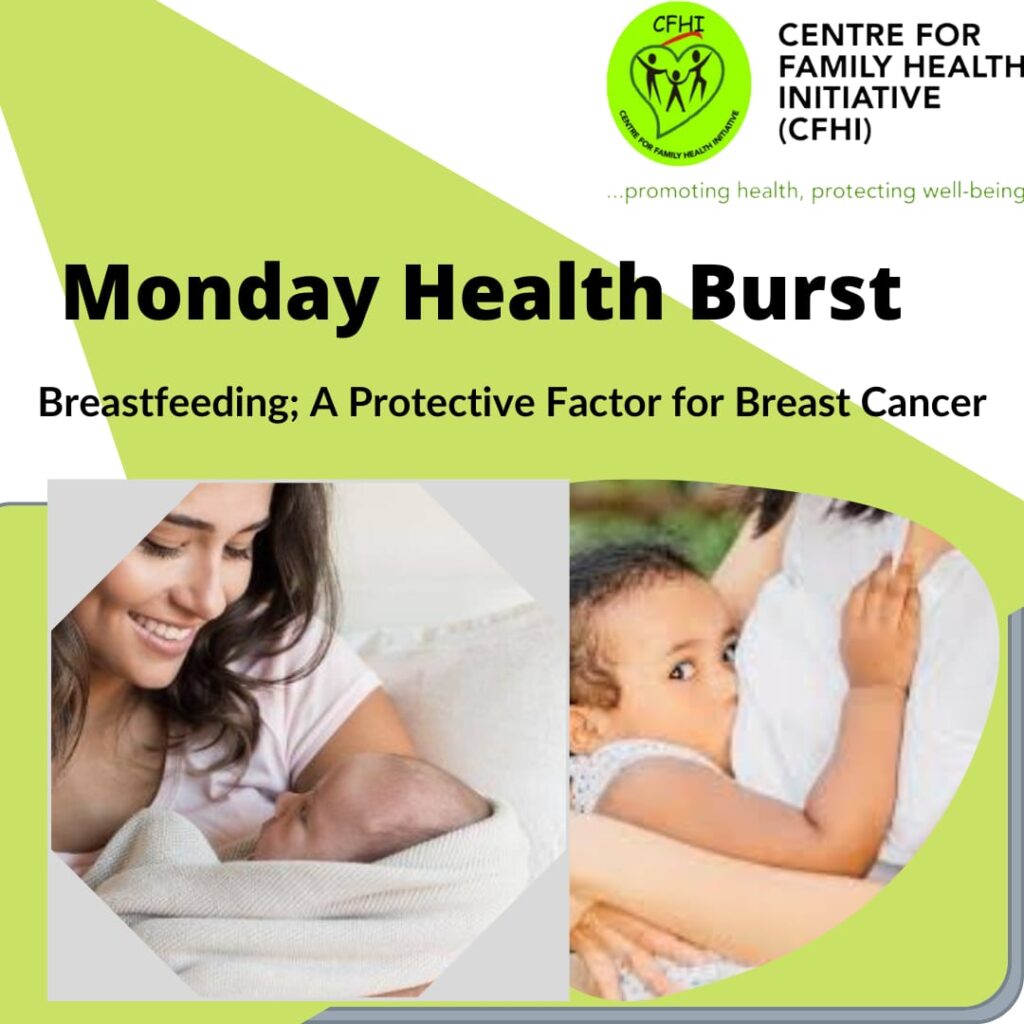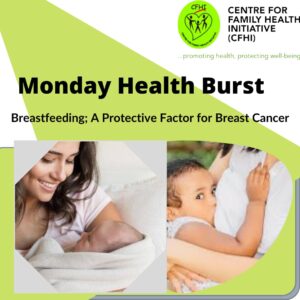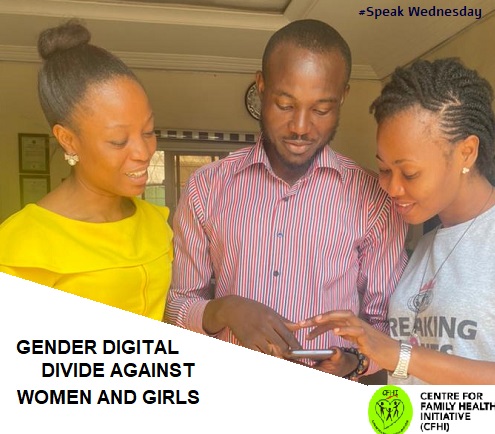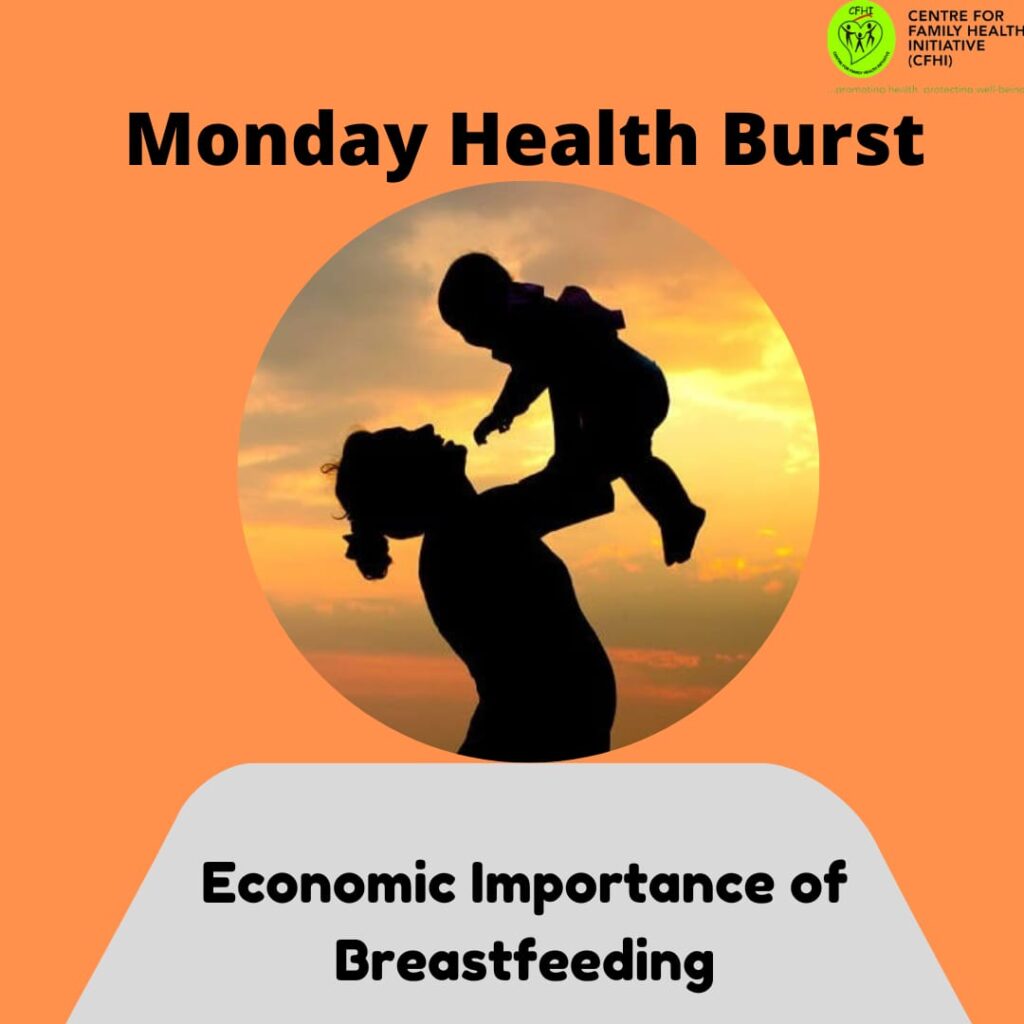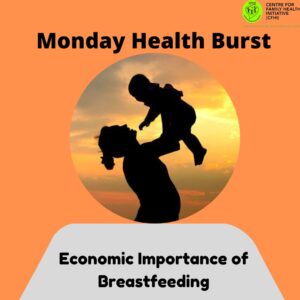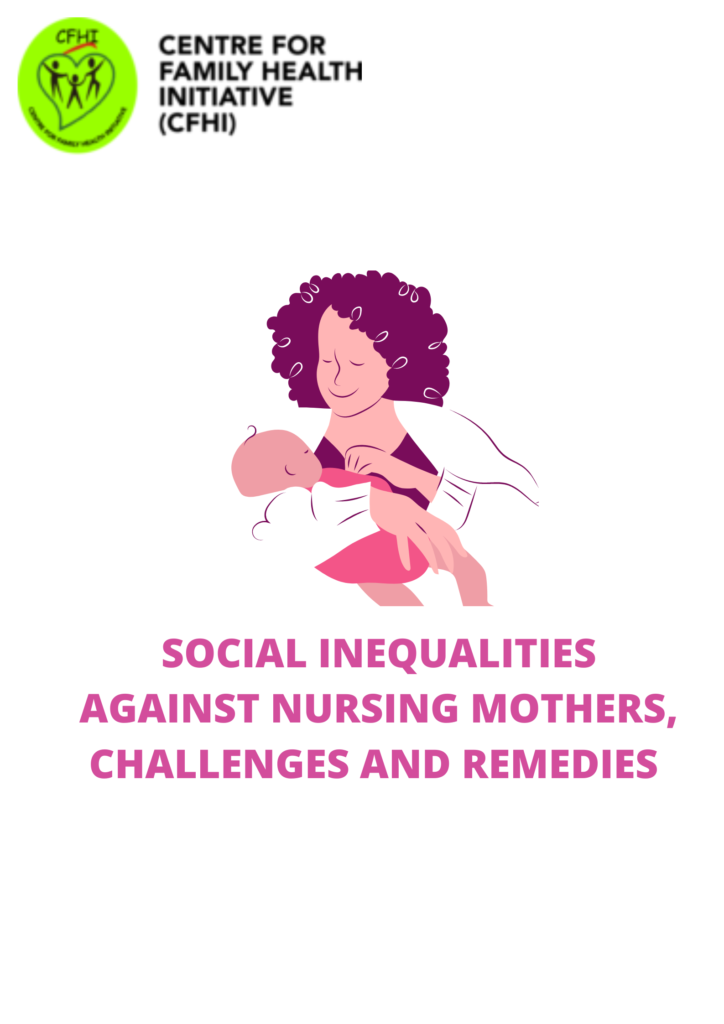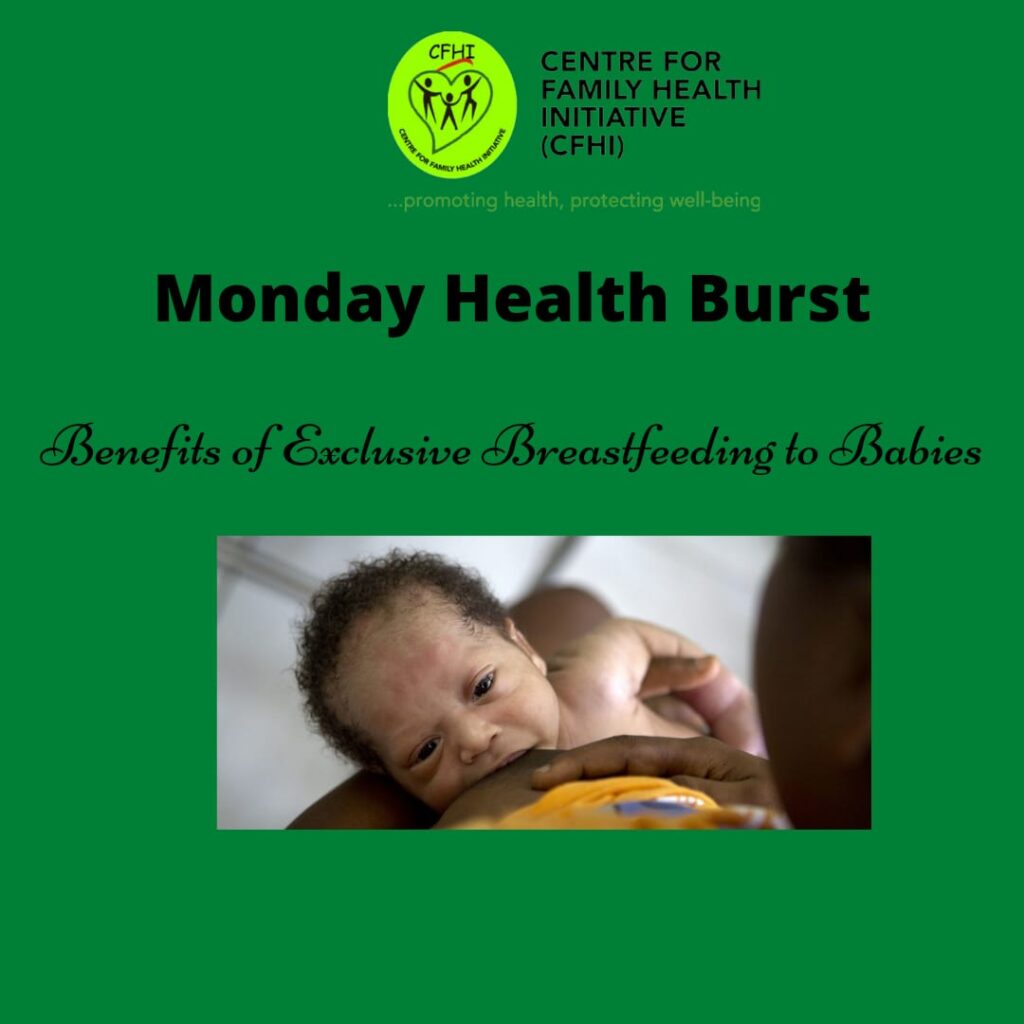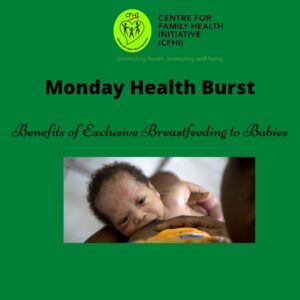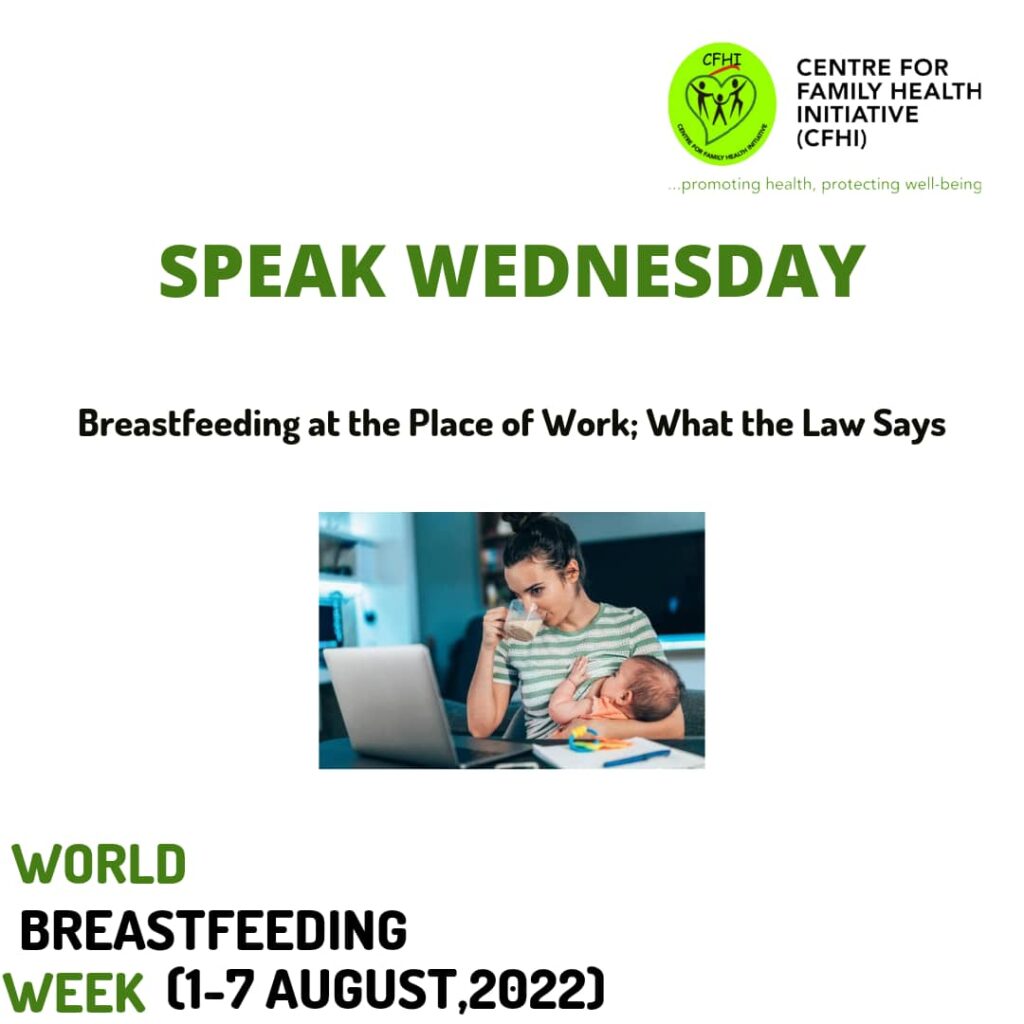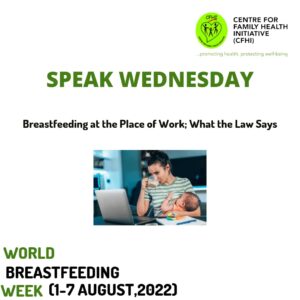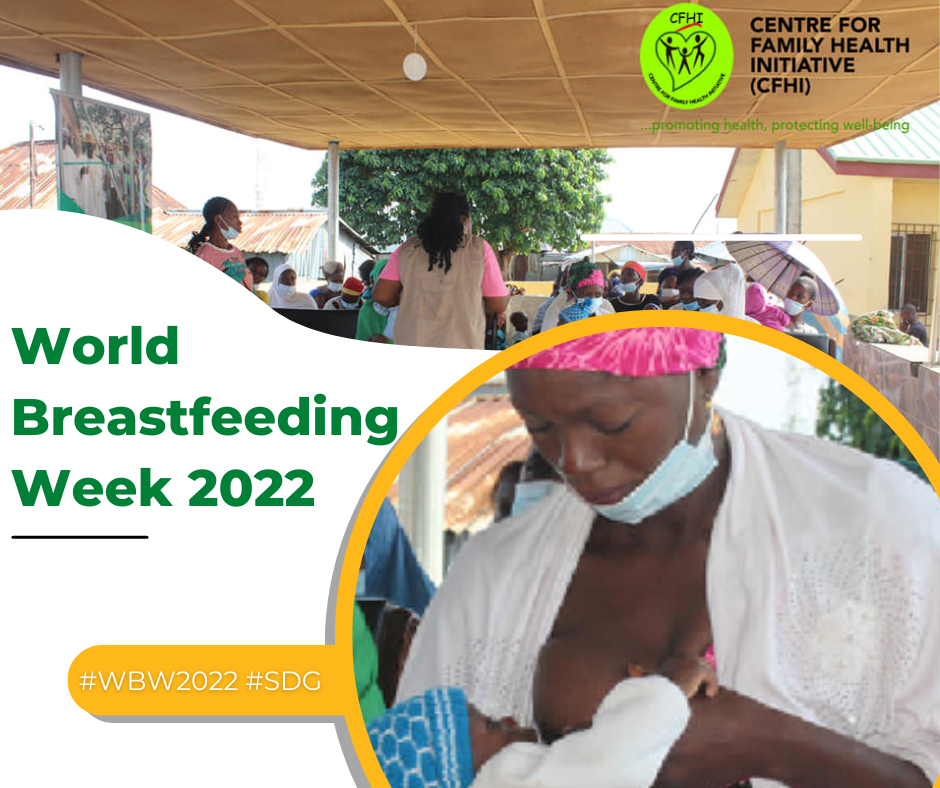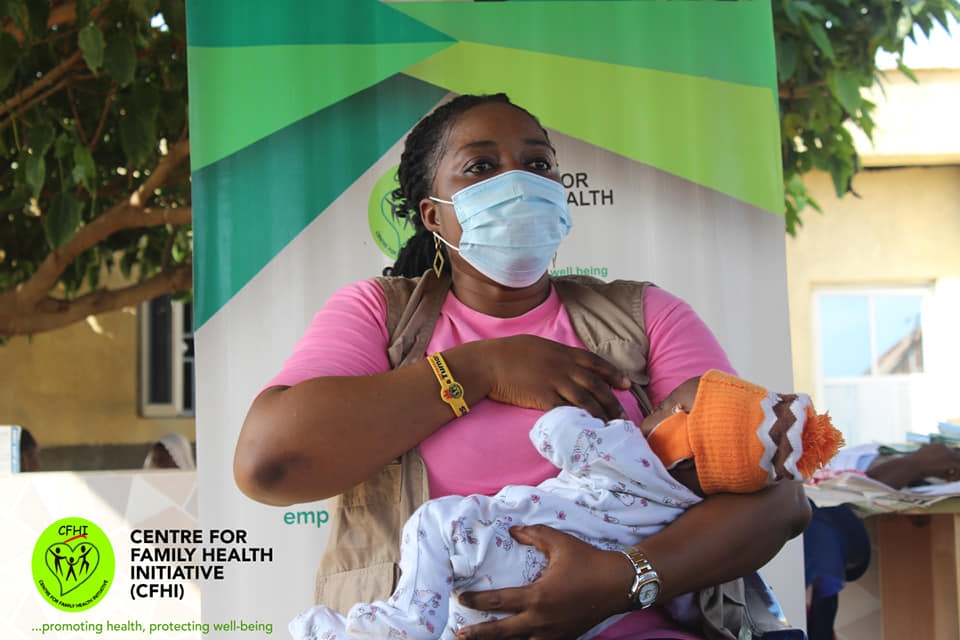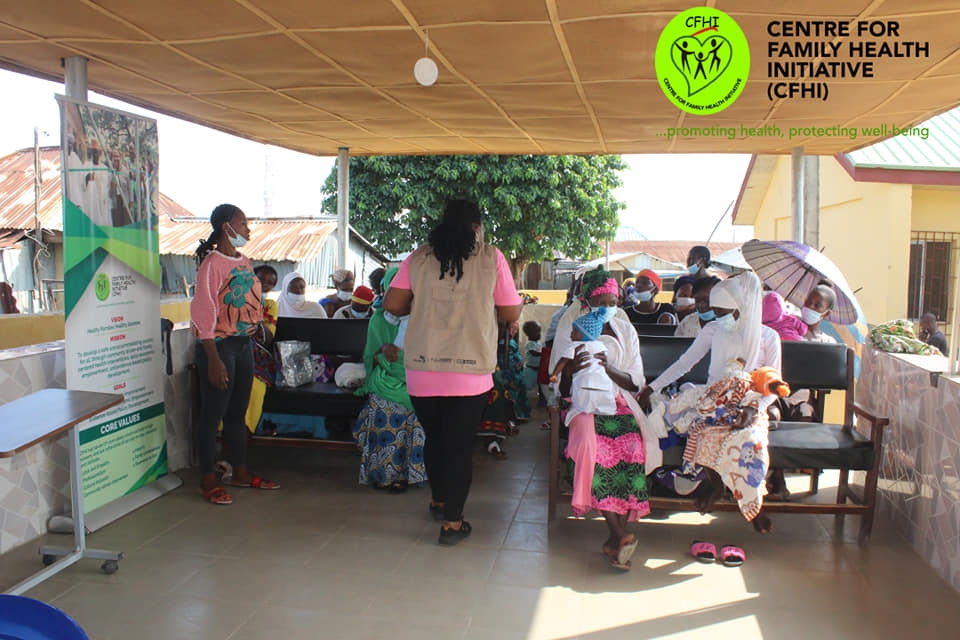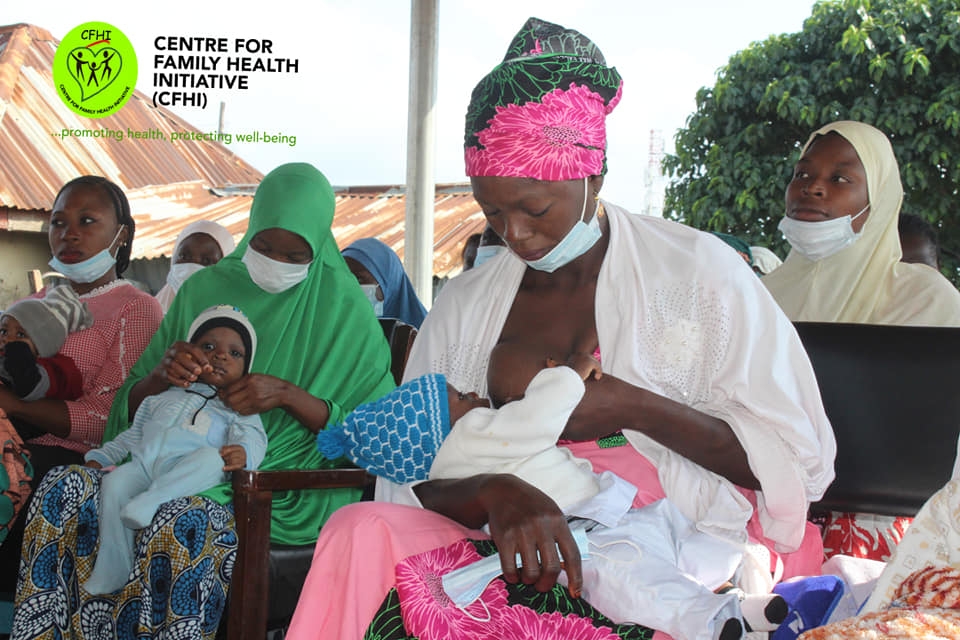WOMEN’S RIGHTS ARE HUMAN RIGHTS
The phrase, “women’s rights are human rights” was used by the first lady of the United States, Hilary Rodham Clinton on September 5, 1995. This proves that the fight for the right of women from time immemorial is a global issue.
The right of women to live free from violence and discrimination; to be educated; to earn equal pay; to occupy political positions, the right to sexual and reproductive health, etc are not only women’s rights but human rights which are fundamental.
In Nigeria today, women still struggle in our patriarchal society infested with discriminatory practices and customs that devalues women. This is despite the fact that the Nigerian Government is a signatory to the Convention on the Elimination of all forms of Discrimination against Women (CEDAW), an international treaty protecting the rights of women.
According to United Nations, half of the world’s population and potential are represented by women and girls. Therefore, gender equality is not only a fundamental human right but essential to achieving peaceful societies, with full human potential and sustainable development.
We can achieve a society free of discrimination if we all respect women’s rights. Thus, gender inequality is everyone’s problem.
Women are humans too.
Women’s rights are human rights
Human rights are women’s rights.
Speak Wednesday is an initiative of CFHI to address issues around gender-based violence and gender bias.
#SpeakWednesday #Women’sRights #HumanRights #GenderStereotype #GenderBias #GenderInequality
WOMEN’S RIGHTS ARE HUMAN RIGHTS Read More »

